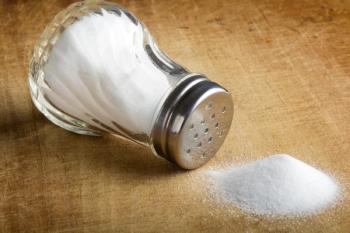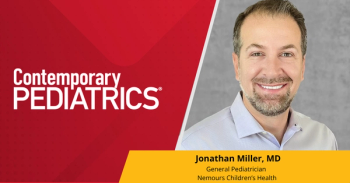
Make time for yourself, Doctor, while you are doing good for others!
Balancing work, family, and self is a practical skill, not wishful thinking. Pediatricians who fall out of that kind of personal balance can expect a raft of unpleasant consequences in their professional domain: poor clinical communication, worse medical outcomes, more conflict, and more malpractice suits.
Balancing work, family, and self is a practical skill, not wishful thinking. Pediatricians who fall out of that kind of personal balance can expect a raft of unpleasant consequences in their professional domain: poor clinical communication, worse medical outcomes, more conflict, and more malpractice suits.
"Balance is a commitment to many aspects of life, family, work, friends, and self," explained William Clark, MD, lecturer in medicine at Harvard Medical School. "People who are out of balance are generally not functioning well." Clark spoke to pediatricians at the AAP 2004 National Conference and Exhibition yesterday.
The Charter for Medical Professionalism, supported by medical associations in the United States and Europe, emphasizes balance.
"We need to ensure that the choices we make in our profession reflect our core values," Hannah Sherman, MD, chair of the American Academy of Pediatrics' Physician Wellness Special Interest Group, told an audience at the AAP National Conference and Exhibition yesterday.
"We promote health and well being, so it makes sense that we be role models to our patients and our communities. Unfortunately, all the things we know so well - exercise, eating well, outside interests - we do not always do so well. It is vital to make time in our busy lives to find that balance."
Newsletter
Access practical, evidence-based guidance to support better care for our youngest patients. Join our email list for the latest clinical updates.








